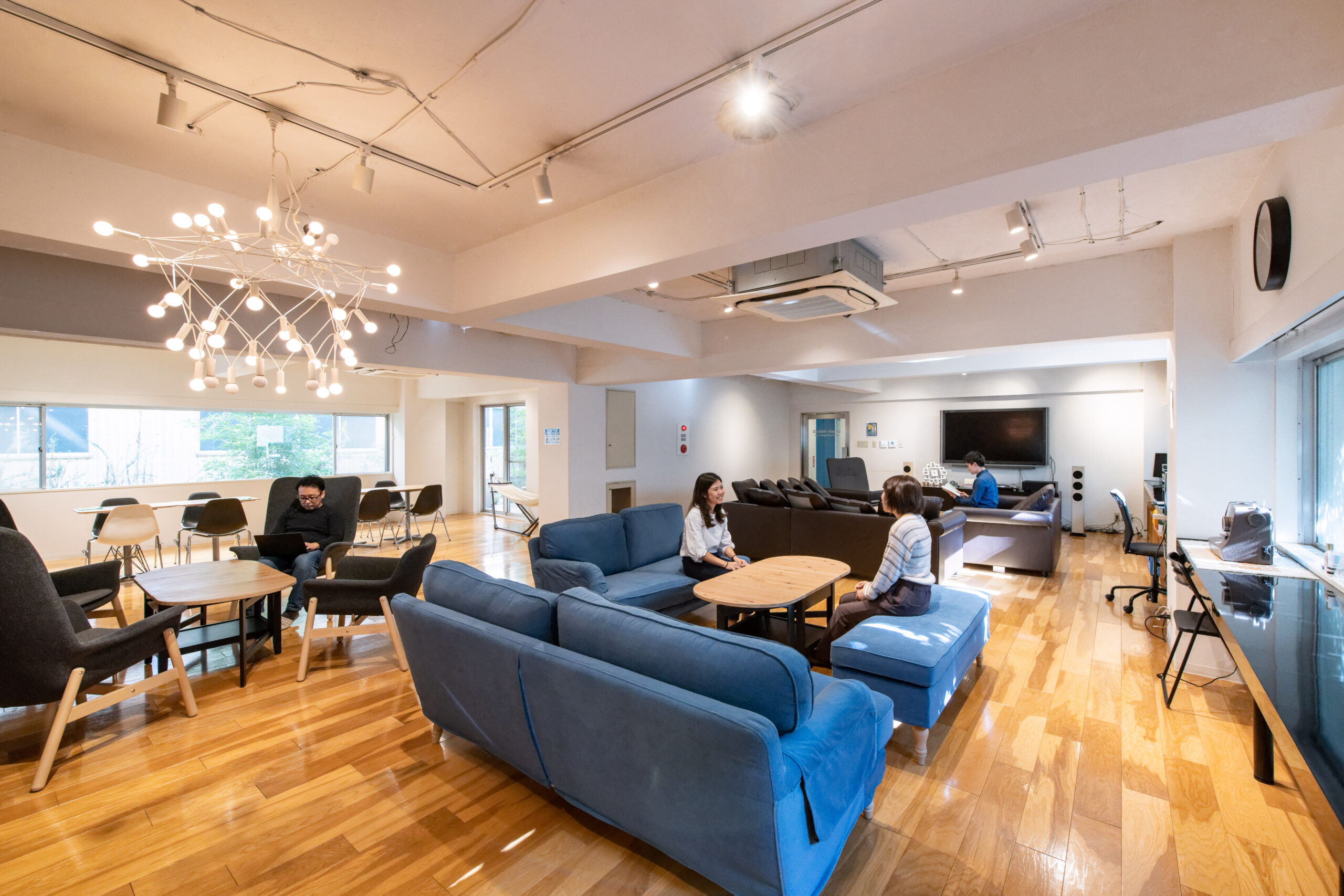Delving into the Science of Shared Living
페이지 정보

본문
 Trendy houses has rapidly grown as a housing trend offering occupants a unique and lived life By combining shared spaces, community participation, and collaborative lifestyles, co-living spaces aim to bring people as friends, nurture meaningful connections, and give a supportive environment for personal growth In this article, we will investigate the psychology behind co-living, examining the emotional benefits and drawbacks of this trendy housing choice.
Trendy houses has rapidly grown as a housing trend offering occupants a unique and lived life By combining shared spaces, community participation, and collaborative lifestyles, co-living spaces aim to bring people as friends, nurture meaningful connections, and give a supportive environment for personal growth In this article, we will investigate the psychology behind co-living, examining the emotional benefits and drawbacks of this trendy housing choice.At its center, co-living spaces bear the goal to challenge normal notions of residential living Gone are the days of isolated apartments and segregated communities; co-living supports interdependence, mutual support, and collective accountability By living among like-minded individuals, residents can tap into a sense of belonging reduce feelings of loneliness and cultivate a deeper understanding of themselves and others.
One key aspect of co-living's psychological appeal is its ability to help cultivate a sense of neighborhood In shared spaces, residents can quickly connect with others who share similar goals values, and goals This creates a network of supportive individuals, providing motivation, motivation, and a helping hand when needed By experiencing a sense of connection co-living residents can reduce feelings of isolation build resilience and develop a stronger sense of identity.
Another psychological perk of co-living is its emphasis on shared responsibility When residents contribute to maintain the space, join in community events, or assist a neighbor in required, they cultivate a sense of ownership and collective responsibility This shared burden can foster a deeper respect for others promote empathy and encourage residents to take on a more communal philosophy.
However, co-living also presents unique psychological challenges For example, shared living spaces can be noisy busy and possibly affecting residents' mental health and health The challenge of balancing individual needs with communal responsibilities can be overwhelming particularly for shy or those who value their alone time.
Furthermore, co-living spaces usually involve shared amenities such as kitchens, laundry facilities, and recreational areas While these shared spaces can foster connections and community they can also create conflicts and tensions particularly if residents have diverse priorities or goals For illustration, a resident who likes a clean, organized kitchen may clash with a roommate who sees cleanliness as less intuitive than socializing.
To lessen these challenges, co-living spaces often implement rules and community standards to maintain harmony and respect These guidelines may include quiet hours shared spaces etiquette or social expectations While these rules can provide a sense of structure and stability they can also restrain creativity and autonomy potentially undermining the sense of community that co-living aims to encourage.
In summary, the psychology of co-living is complex and multifaceted offering benefits such as community building, shared responsibility, and social connection while presenting challenges like communal conflicts, noise, and シェアハウス 安い the challenge of striving individual needs with communal priorities By grasping these psychological dynamics, co-living spaces can better cater to the needs and preferences of their residents, fostering a supportive, inclusive, and growth-promoting environment that benefits the individual and the community as a whole.
- 이전글The Top Pontoon Boats for Sale and How to Choose The Perfect One 25.03.14
- 다음글우리의 몸과 마음: 건강과 행복의 관계 25.03.14
댓글목록
등록된 댓글이 없습니다.




